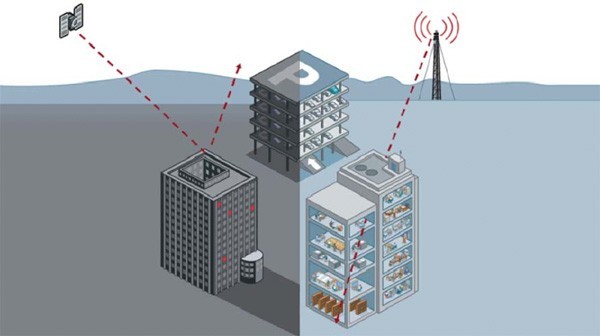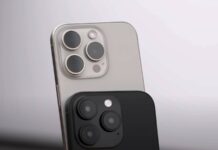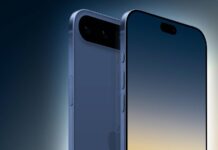Se pare ca nu trece o zi fara sa vorbim despre unul sau 2 brevete de inventie ale companiei Apple. Acum am pentru voi un brevet de inventie care vorbeste despre un nou sistem de localizare care nu foloseste GPS-ul ci semnalul TV. ALLOYT se numeste noul sistem de pozitionare si el se doreste a fi folosit de catre utilizatori in locatiile unde semnalul GPS este indisponibil. Vorbim desigur despre cladiri sau spatii acoperite unde GPS-ul dispozitivelor noastre nu se poate conecta la sateliti asa cum ar face in mod normal daca ne-am afla intr-un spatiu cu deschidere spre cer.
Apple briefly described the inclusion of a hybrid positioning system using a combination of satellite and television signals from a company called Rosum Corporation. Whether that example was used to identify a generic type of chip or that particular company’s chip isn’t known at this time. But the technology that the Rosum Corporation developed is definitely worth noting.
In locul GPS-ului sistemul va folosi semnalul TV pentru a localiza utilizatorul in interiorul unui spatiu inchis si totul cu ajutorul unui nou chip special. Fetomcell-urile vor fi utilizate in acest proces iar tehnologia ALLOYT ar trebui sa ne localizeze folosind un chip GPS cu tehnologia A-GPS dar si un chip TV-GPS care se bazeaza pe semnalul TV pentru a face pozitionarea. Tehnologia celor de la Apple este mai mult decat interesanta insa pana la implementarea ei intr-un iDevice mai este cale lunga.
The breakthrough chip opens up a multitude of new commercial opportunities by enabling femtocell synchronization and location, tracking of people and assets, and localized advertising over mobile TV devices in deep indoor locations such as shopping malls, hotels, campuses and factories with seamless delivery leveraging broadcast TV signals. The ALLOYT client combines the ALLOYT chip with a high-sensitivity A-GPS chip into a tightly-coupled hybrid TV-GPS solution which works across all types of environments: rural, suburban, urban, and indoor. Broadcast TV signals enjoy a 100,000x power margin advantage over GPS, and this extends location and synchronization capabilities deep into buildings and urban environments.

















